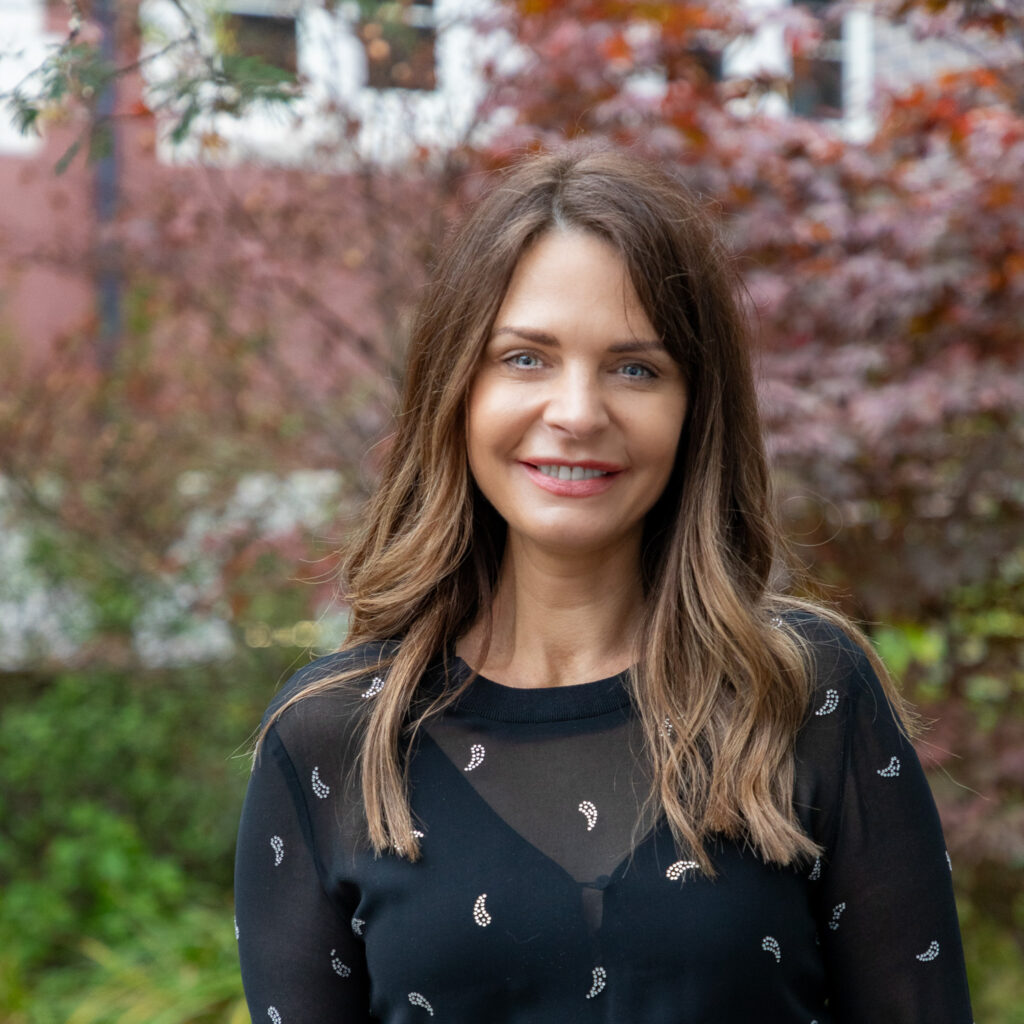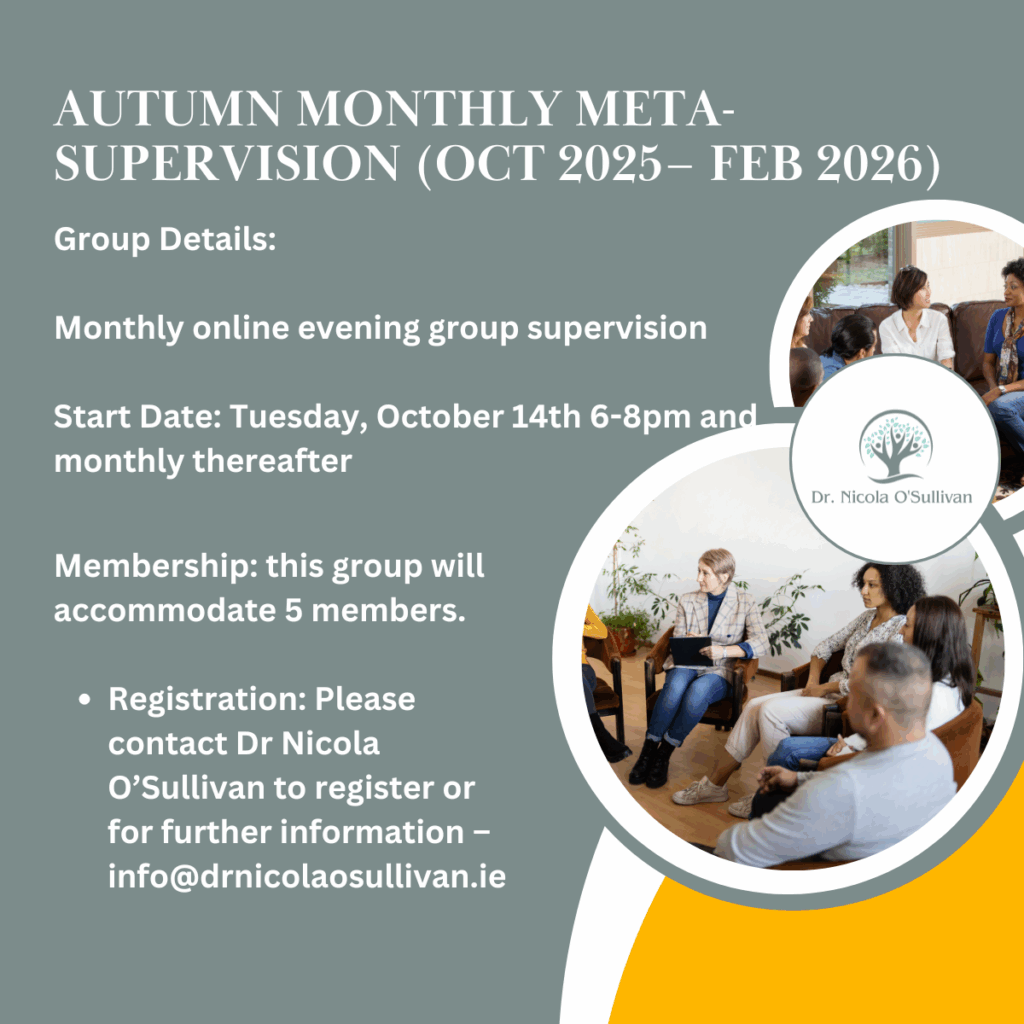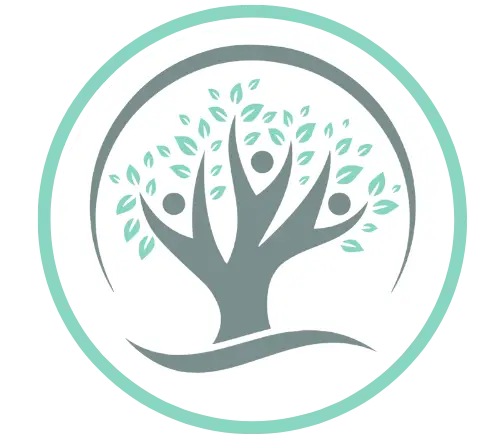Anchored Minds
Supporting the Strength behind the Service

Anchored Minds is an Irish company interested in the emotional and relational wellbeing of practitioners in the Health, Education, Community and Social Care Sector. Anchored Minds provides a number of services including;
- Individual and Group – Clinical Supervision
- Reflective Practice Groups (with a specific reflective model)
- Training – Supervision, Reflective Practice, Empathic Therapeutic Fostering Support Model
- Leadership and Consultancy
- Professional Therapeutic Reflective Spaces – individually
- Specialist Support Services to Foster Families (using the Heart and Mind Model, developed by Dr O’Sullivan)
Dr Nicola O’Sullivan (Professional Doctorate in Social Care & Emotional Wellbeing, MA Child Protection and Welfare, PG Dip Clinical Supervision) is a Clinical Supervisor and Director of Anchored Minds.
At Anchored Minds you can find a range of services to support you and your staff team including; supervision, reflective practice and group supervision. At Anchored minds, we continue to diversity, race, and complexity as central aspects of our work in health, social care, and social work organisations. If you are interested in our work and would like to get in touch with us. Please do so here
Dr Nicola O’Sullivan
Director
Dr Nicola O’Sullivan is a Graduate, Visiting Lecturer and Doctoral Supervisor at the Tavistock and Portman NHS Foundation Trust. She is a Visiting Lecturer at the School of Social Work and Social Policy at Trinity College Dublin and Visiting Lecturer at MTU on the MA in Art Psychotherapy. Dr O’Sullivan is a clinical and group supervisor and an expert in the provision of reflective practice groups to frontline practitioners in Health, Education, Social Work and Social Care. Nicola has a special interest in teams at work in early years, health, education, and social work, and social care settings. Her skill and expertise extends to providing training in areas including; supervision (endorsed Level 1 training by Social Care Ireland), training in regulation and reflection, emotional and relational wellbeing and staff self-care.
Dr O’Sullivan’s interests include complexity at work, supervision, leadership and consultancy, and reflective practice and links to her papers are here on this website.
Dr O’Sullivan has worked with children and families in community and residential settings in Ireland since 2001. She has developed the Heart and Mind Model to support her work with foster families in Ireland. This model reflects a unique approach to work with foster families that centres on an appreciation of empathy, history, culture, race, complexity, compassion, somatic experience and knowledge.
Clinical Supervision at Anchored Minds
At Anchored Minds we provide the following supervisory services;
Individual Clinical Supervision (online and inperson) – availability limited
Group Supervision (online and inperson)
Meta Supervision or Supervision Consultation Groups (for practising supervisors)
Supervision Training – Level 1 – Endorsed by Social Care Ireland
Supervision a dynamic and complex process situated in a wider socio-political context in which the supervisor and supervisee bring aspects of their own professional experience, personal experience, historical supervisory relationships, skill and knowledge. It is these experiences which feed into the supervisory space along with the supervisees casework. Attending to the Seven-Eyed model of Supervision Hawkins and McMahon suggest that ‘the practice of supervision will become increasingly essential if humanity is going to preserve and develop its ability to care for the most vulnerable members of society, in a time when resources are stretched and challenges are continuously increasing, in size and complexity’ (Hawkins and McMahon, 2020, p. 285).
In Health and Social Care Settings, supervision is critical to practitioners capacity to grow and develop a sense of themselves in their role and a sense of themselves in relation to those people they work with. Supervision should be regular, consistent and reflective to support practitioners in their practice, development and wellbeing, enabling practitioners to work effectively with children, young people and families.
When supervision is provided with a clear model in mind, and when it is provided and engaged with successfully, it can support emotional growth and enable practitioners to feel better able to deal with the emotional demands of practice, critical thinking, effective decision making, and retention. Inadequate supervision can contribute to practitioner compassion fatigue, burnout and poor retention. Supervisors have a vital role in supporting the equitable professional development of workers including support for Black and Global majority social workers and social care workers who face barriers to progression. At Anchored Minds we are continually learning and attending to race discussion and anti-racist practices in supervision.
Hearts and Minds
A model of family support

At Anchored Minds, we know that working alongside parents and children is both deeply challenging and profoundly rewarding. It requires humility, care, and thoughtfulness.
The Heart and Mind Model balances compassion with knowledge to support foster families. It is a model that acknowledges the importance of pace, structure and time in supporting families. It is a medium to long term model of support, providing consistency and recognising the power of psychological containment (Bion, 1962). The Model keeps compassion and knowledge at the core of support. We know that emotional wellbeing is enhanced when the caring adults feel supported (Lobatto, 2021).
Parents and children remain the experts in their own lives, and we recognise that welcoming an outside professional into a family system can feel daunting and exposing. Our approach is grounded in mindfulness of our presence and a commitment to working with care. As a team, our goal is to create spaces where families can reflect on their experiences, explore their challenges, and begin to make sense of them within safe and trusting relationships. While achieving this is not always straightforward, the process itself can open valuable insights that benefit everyone involved. We place emphasis on working with the network (relational systems) around the foster family and see how powerfully this can help the family and the child.
To sustain this work with integrity, our practitioners place strong emphasis on their own supervision and reflective practice. This commitment ensures that the support we offer families is both thoughtful and grounded.
After a successful year of the Meta-Supervision / Supervision Consultation Groups, we are delighted to launch a new season, offering a reflective space for those providing supervision across Health, Education, Social Work, and Social Care.
Why join?
High-quality supervision is essential for the development and sustainability of health and social care practitioners. This group provides a dedicated reflective space for supervisors working in Health, Education, Social Work, and Social Care, supporting those who regularly provide supervision to frontline practitioners.
While formal training is beneficial, it is not a requirement to join.
To register or inquire:
Group Details:
Dates: Monthly evening sessions (6-8 PM)
• Tuesday 14 October 2025
• Tuesday 11 November 2025
• Tuesday 9 December 2025
• Tuesday 13 January 2026
• Tuesday 11 February 2026
Format: Online via encrypted Zoom platform
Cost: €600 for 12 hours of group supervision.
Capacity: Limited to 5 professionals to ensure an intimate and focused environment
Published Papers

You go in heavy and you come out light
An interpretative phenomenological analysis of reflective practice experiences in an Irish infant mental health setting

Creating space to think
and feel in child protection social work; a psychodynamic intervention

Working in complex contexts
mother social workers and the mothers they meet

Centre-based supervised child-parent contact in Ireland:
the views and experiences of fathers, supervisors and key stakeholders

The danger of denying emotions in our work
BASW, Professional Social Work Magazine.

Anchoring social care and social work practice
in structured reflection: introducing a model of group reflective practice



